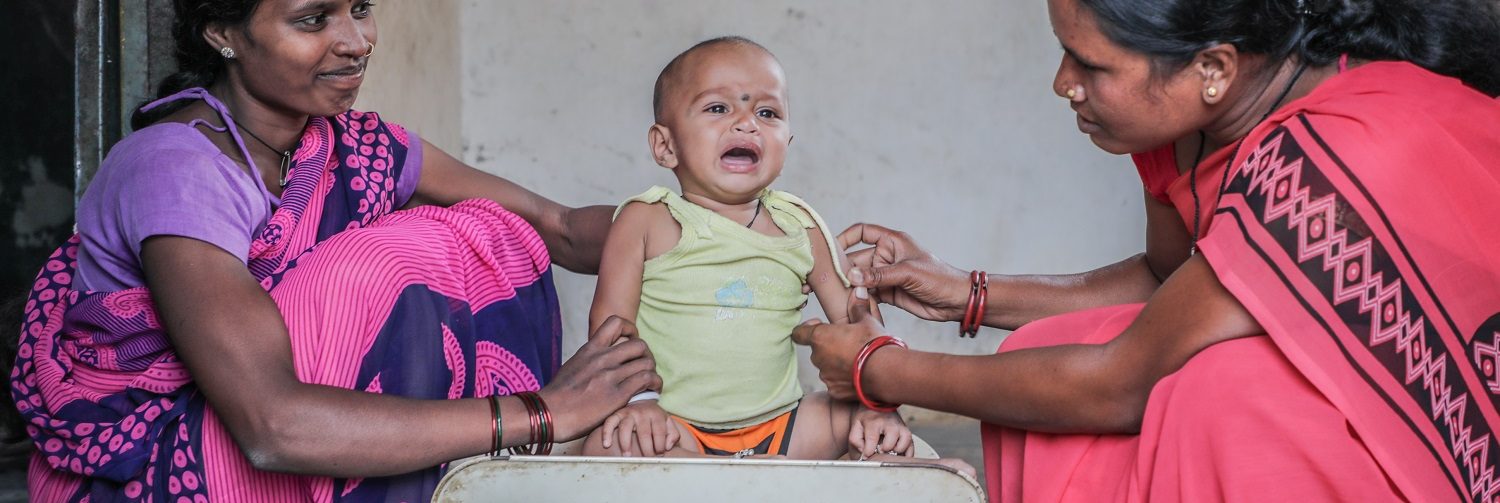The importance of strengthening data analysis for policy and programs around maternal dietary intakes and nutrition status in ASEAN countries was highlighted at a planning meeting in Bangkok, where representatives from various government departments and academic institutions of Indonesia, Philippines and Thailand met on 26-27 April. The meeting was convened by the Institute of Nutrition, Mahidol University, Thailand. Dr Purnima Menon presented the POSHAN experience on the importance of data and evidence for policy-making on supporting nutrition actions. This keynote presentation set the context for the discussions as the ASEAN country representatives deliberated on constructing the policy–relevant data analysis work plans and later agreed to come up with a country model of national data system on maternal nutrition.
Dr Menon emphasized that there are many uses and users of data and hence it is important to harmonize the understanding of nutrition followed by diagnostic assessment to support priority actions. Data is required to monitor and measure policy progress and highlights gaps for research. The data-related challenges, such as missing coverage indicators, regular tracking and updating, and lack of data on food intake, etc., were also explained.
Esha Sarswat explained POSHAN’s overall approach for knowledge mobilization, which includes knowledge products, direct engagements, virtual engagements (website, blogs, social media, mail etc.), knowledge networks and events. She shared all POSHAN knowledge products with the group, from national-level to state and further till district-level, and reiterated the importance of collecting and using data on the coverage of interventions.
The participant country representatives shared their current policy focus in terms of maternal nutrition, and based on the discussions that followed, decided to come up with a draft plan for developing their country profiles in the coming six months. A template was shared with all the groups for harmonizing the presentations. POSHAN’s experience of stakeholder mapping in the policy advocacy process was perceived as a crucial step by the country groups in their exercise of generating country profiles for policy action for maternal dietary intakes and nutrition.


